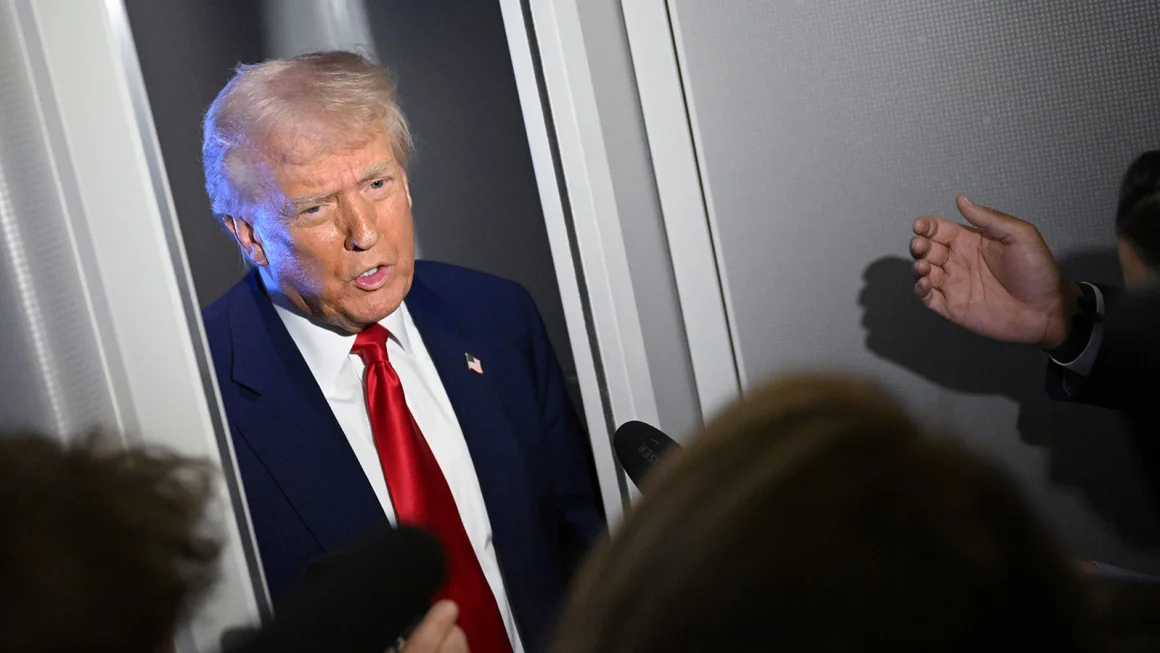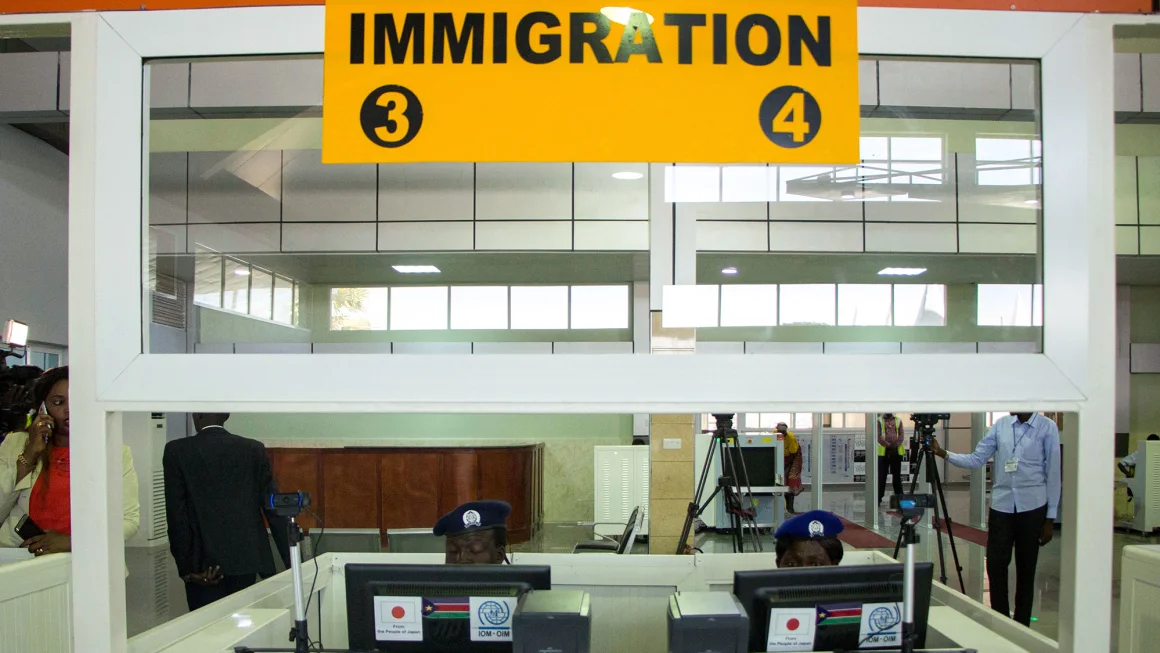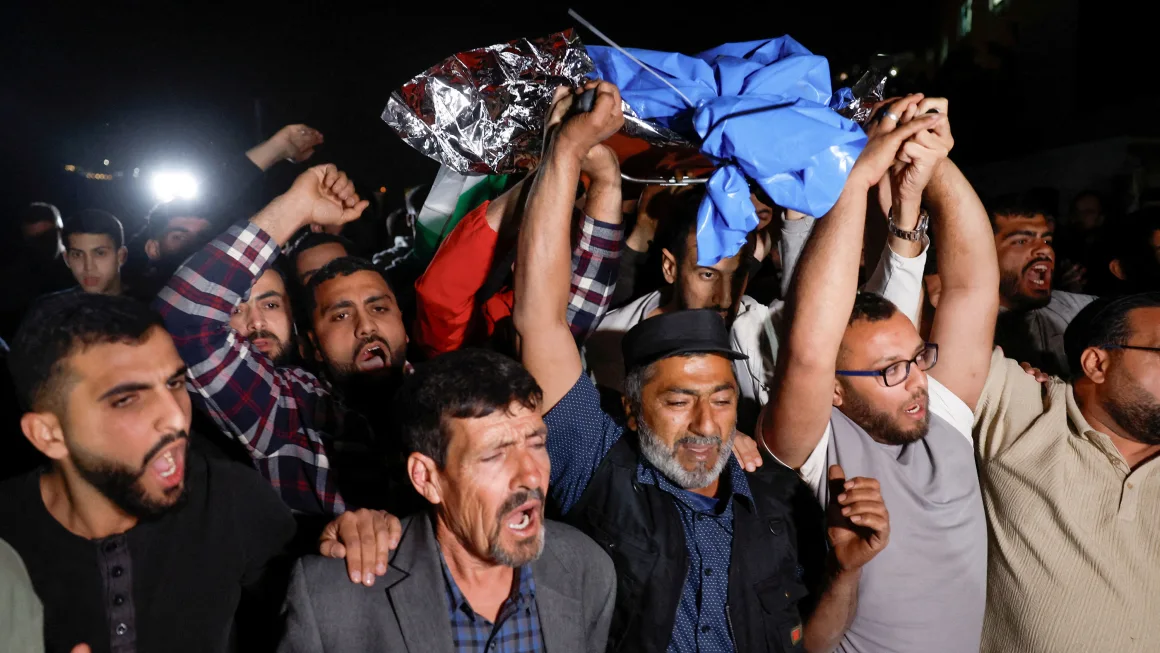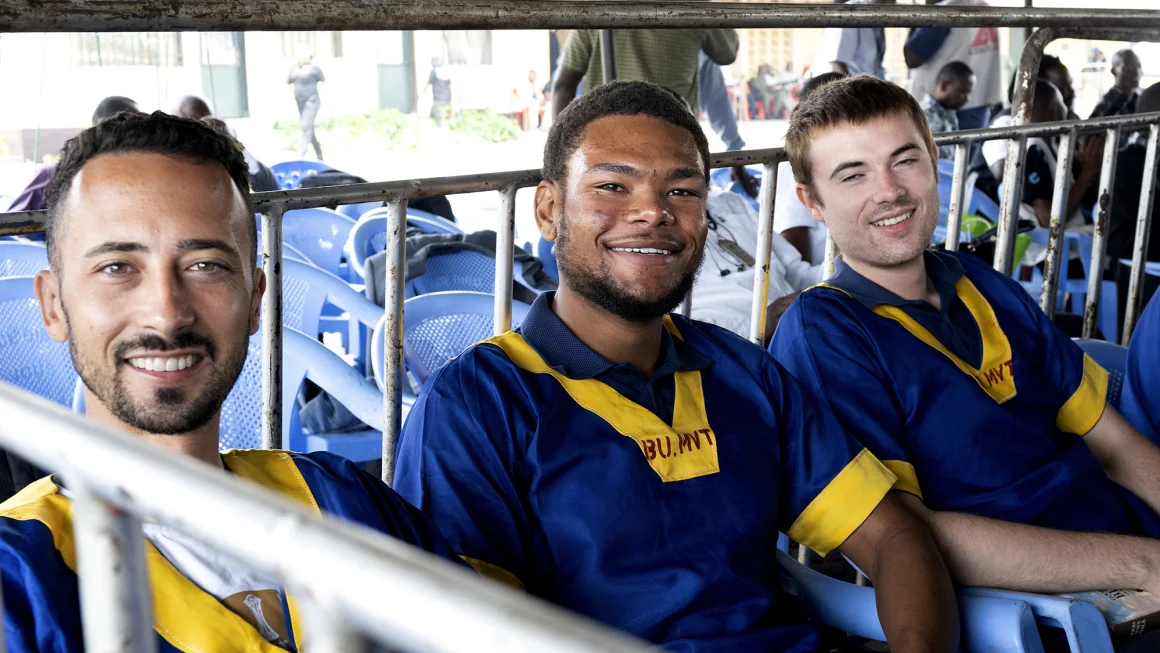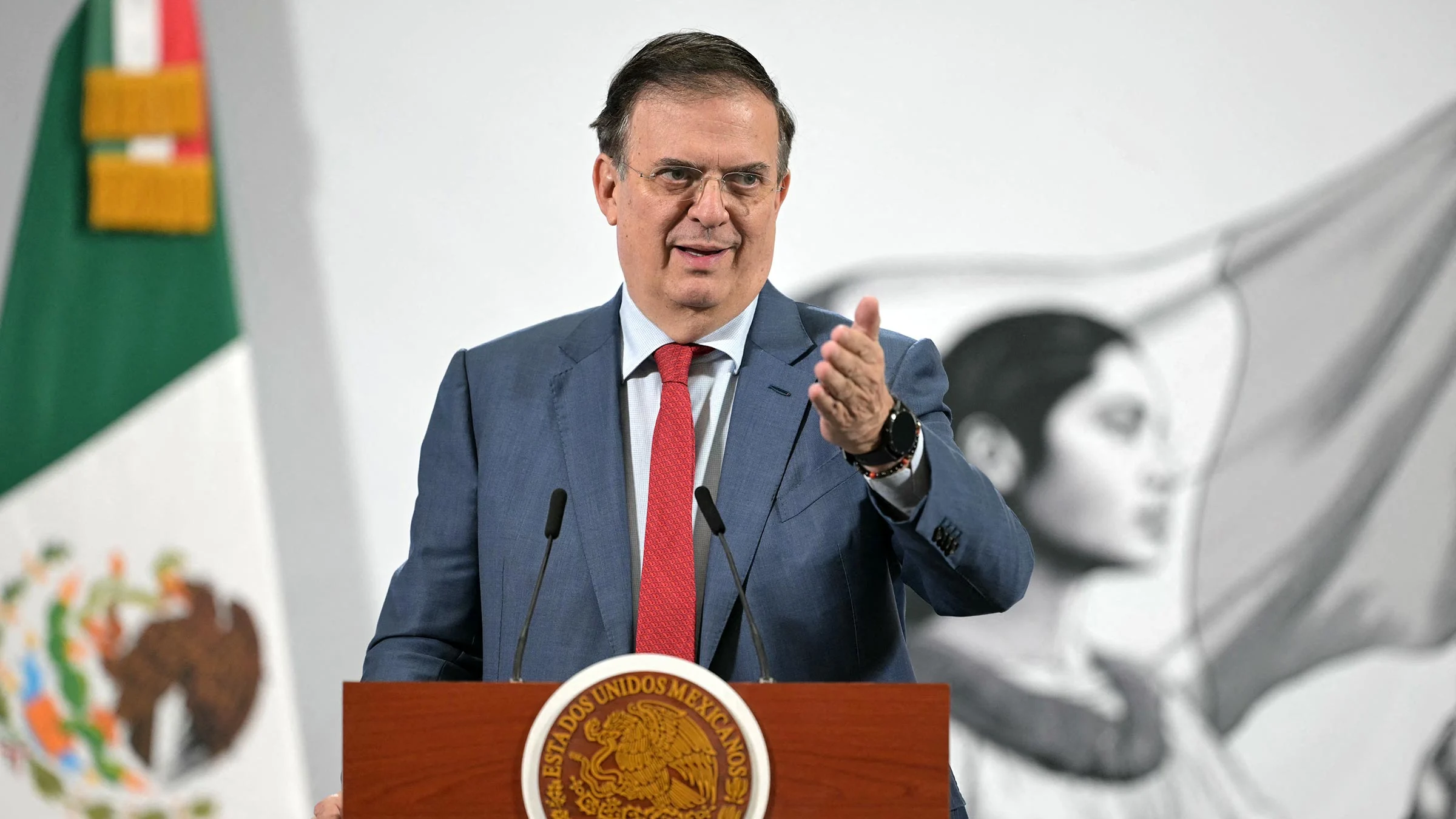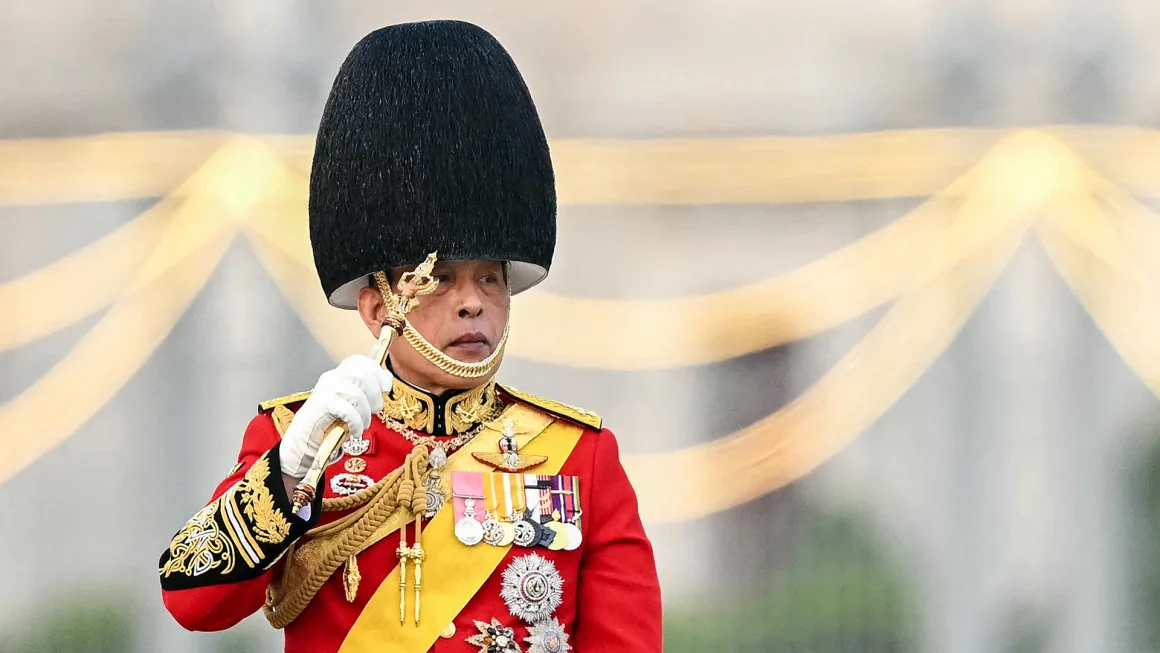
The United States has voiced serious concern following the arrest of American scholar Paul Chambers in Thailand, where he faces charges under the kingdom’s stringent lèse-majesté law for allegedly insulting the monarchy—a rare case involving a foreign national.
Chambers, a well-known political analyst and lecturer at Naresuan University, turned himself in to authorities and appeared in court on Tuesday, where he was formally charged. He is now being held in pre-trial detention after being denied bail, with his legal team planning to submit a new request.
Thailand’s lèse-majesté law is among the strictest in the world, allowing prison terms of up to 15 years per offense for any perceived insult to the monarchy. Prosecutors often pursue multiple counts, meaning sentences can stretch for decades. These cases are often initiated by private complaints, making the law a powerful tool for silencing dissent.
According to Chambers’ lawyer, the charges stem from a brief description posted online promoting a 2024 webinar hosted by Singapore’s Institute of Southeast Asian Studies. Thai military officials reportedly viewed this as defamatory. Chambers, however, has denied writing or publishing the promotional text in question.
“This is a deeply troubling development for academic freedom,” said Akarachai Chaimaneekarakate of Thai Lawyers for Human Rights, part of Chambers’ legal team. “He is a respected scholar on Thai civil-military relations, and the charges appear to target his legitimate academic work.”
In a statement Tuesday, U.S. State Department spokesperson Tammy Bruce said Washington is “alarmed” by the situation and is in contact with Thai authorities. “We’re monitoring the case closely and advocating for Chambers’ fair treatment,” she said, adding that U.S. consular officials have requested access to him to ensure his safety.
Chambers has contributed widely to academic and media discussions on Southeast Asian politics, including for CNN and other international outlets. His detention has sparked an outcry from academic and human rights organizations.
“This marks an escalation in Thailand’s crackdown on freedom of expression,” said Sunai Phasuk of Human Rights Watch. “Targeting a foreign academic sends a chilling message to both Thai scholars and international observers.”
Though lèse-majesté prosecutions have mainly focused on Thai citizens, foreign nationals have occasionally been caught up in the law’s sweep. In 2011, Thai-American Joe W. Gordon was imprisoned for over two years for posting a link to a banned biography of King Bhumibol Adulyadej.
Since the youth-led pro-democracy protests of 2020, calls for reform of Thailand’s monarchy and political system have grown bolder, leading to an uptick in legal action against dissenters. Activists, students, and journalists have been among nearly 2,000 individuals prosecuted or charged for political speech or protest activity since July 2020, according to Thai Lawyers for Human Rights. Of those, at least 277 have faced lèse-majesté charges.
One of the highest-profile cases is that of activist Arnon Nampa, who has received cumulative sentences totaling 18 years for speaking out during the 2020 protests.
A proposed amnesty bill for those prosecuted in politically charged cases is set to be introduced in parliament this week, though it remains unclear if lèse-majesté charges will be covered.
Analysts warn that Chambers’ case may have unintended consequences for Thailand’s military-backed elite.
“This could significantly damage the country’s global image and further isolate its academic community,” said Thitinan Pongsudhirak, a political scientist at Chulalongkorn University. “Suppressing respected scholars not only undermines academic freedom but also weakens the intellectual foundations Thailand needs for long-term innovation and growth.”


